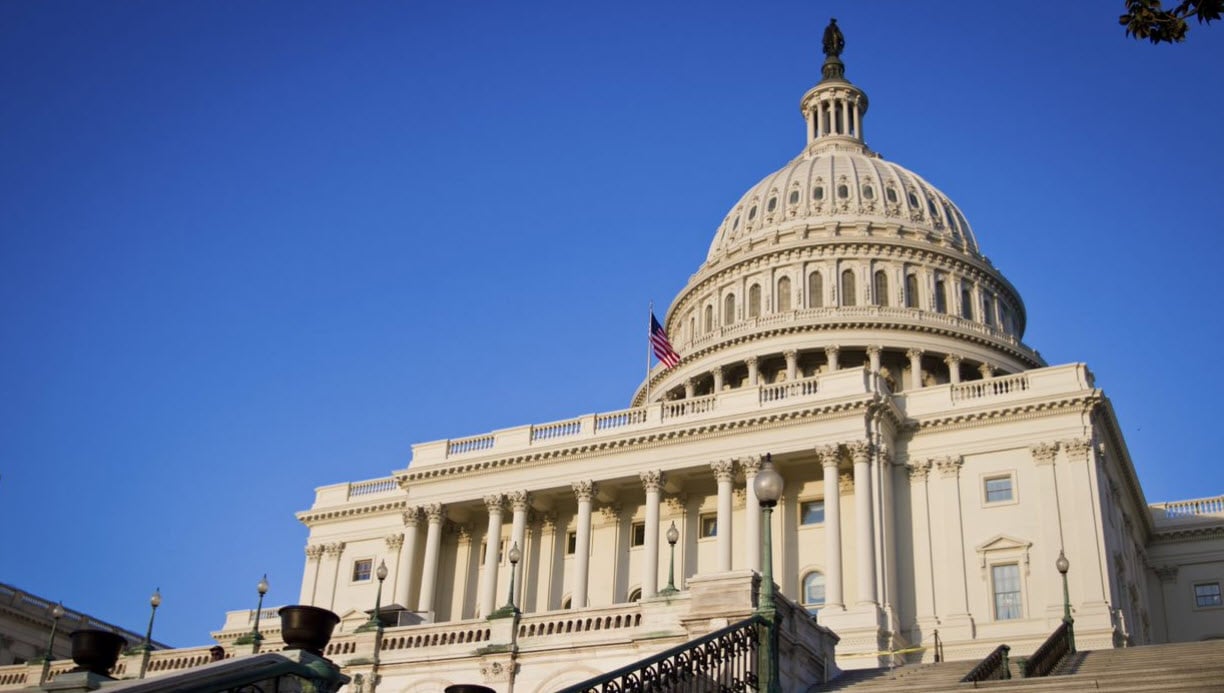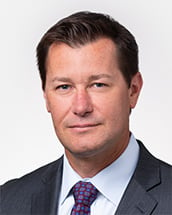In brief
On 6 March 2024, California Assistant Attorney General Paula Blizzard announced at the American Bar Association’s annual National Institute on White Collar Crime the state’s intentions to reinvigorate criminal enforcement of the Cartwright Act, California’s primary antitrust statute. California has not criminally prosecuted violations of the Cartwright Act in 25 years. Blizzard’s announcement comes shortly after California enacted legislation to codify restrictions against no-poach and non-compete clauses. All-in-all, state officials appear poised to follow in the Biden administration’s footsteps and increase antitrust enforcement. Companies should be on notice of certain states like California that are taking steps to strengthen antitrust enforcement and alleged agreements to fix prices, divide markets, and rig bids could soon lead to criminal penalties under either state or federal statutes.
Key takeaways
- Blizzard declared that the California Department of Justice intends to reinvigorate its antitrust enforcement and pursue criminal charges for Cartwright Act violations.
- Although the Cartwright Act and Sherman Act both prohibit per se antitrust violations stemming from unlawful agreements between competitors, the statutes differ in significant aspects. Cartwright Act violations present much lower statutory maximum criminal fines and terms of imprisonment than the federal Sherman Act (i.e., ten years’ prison for individuals and USD 100 million in corporate fines). The Cartwright Act also does not criminalize unilateral abuses of market dominance covered under Section 2 of the Sherman Act.
- California is just one of many states attempting to modernize state antitrust legislation in order to increase enforcement and protect competition as a complement to federal antitrust enforcement. State attorneys general have long been active in civil antitrust enforcement actions in partnership with federal agency counterparts.
In depth
The Cartwright Act provides that it is illegal to restrict commerce, prevent competition, or enter agreements to lessen competition. Both individuals and companies may be prosecuted for violations of the Cartwright Act: Individuals may face fines of up to USD 250,000 and companies may face fines of up to USD 1,000,000. In addition, violators of the Cartwright Act could face up to three years in state prison as a felony offense or up to one year in county jail for misdemeanor offenses.
The Cartwright Act prohibits conduct that largely overlaps with Section 1 of Sherman Act, that is, per se criminal antitrust offenses such as agreements to fix prices, rig bids, and allocate markets. But, the state law varies in a few aspects from its federal counterpart. For starters, the statutory maximum penalties differ.
Additionally, Section 2 of Sherman Act criminalizes monopolization, i.e., unilateral conduct, and the Cartwright Act is currently silent on unilateral conduct. The California legislation, however, is now considering amendments to the Cartwright Act that would encompass unilateral conduct.
Moreover, the California Supreme Court previously explained in Cellular Plus that the Cartwright Act is “broader” than the federal counterpart. Indeed, the California Supreme Court has interpreted that “antitrust injury” under the Cartwright Act encompassed more types of injury than the federal statute allowed.
Blizzard’s recent remarks also alluded to other ways that California’s antitrust enforcement can complement the US Department of Justice (DOJ)’s focus on protecting competition in labor markets. More specifically, Blizzard highlighted the recently enacted California legislation — Senate Bill 699 and AB 1076 — codifying no-poach labor restrictions between companies and non-compete provisions in employment contracts. These prohibitions align with the DOJ’s enforcement priorities targeting wage-fixing and no-poach hiring agreements that may harm competition in labor markets by restricting worker mobility and suppressing wages and benefits.
The California Department of Justice’s announcement comes as no surprise as multiple states have already signaled interests in increased antitrust enforcement initiatives. For example, the State of New York is also attempting to pass strengthened antitrust legislation, known as the 21st Century Antitrust Act, in addition to criminalizing unilateral conduct under the Donnelly Act. Additionally, Attorney General Keith Ellison for the State of Minnesota announced last month a new bill that would create state antitrust offenses for unilateral conduct and increase penalties up to USD 100,000 per violation for individuals and USD 1 million for corporations per violation. These public announcements may prompt other states to follow in the trend toward stronger state antitrust enforcement.
Blizzard stated that California’s criminal antitrust enforcement will need to complement federal enforcement by DOJ’s Antitrust Division, and that the state would consult with the DOJ as its policies and practices take shape in the coming years. Notably, Blizzard also recognized that the state would need to consider how its criminal antitrust enforcement would take into account the federal leniency program, which offers immunity from federal criminal antitrust prosecutions to certain self-reporting corporations and executives. These uncertainties are likely to be among the key issues that state legislators and enforcers will need to address as more states consider strengthening their antitrust enforcement.
Conclusion
California’s recent announcement to strengthen criminal antitrust enforcement demonstrates how states are continuing to emulate the Biden administration’s policy of increased antitrust enforcement. As some states increase antitrust scrutiny, it is essential to understand the differences and nuances of each jurisdiction as corporations could now face challenges from both state and federal statutes. We will continue to monitor if additional states follow California’s lead in launching criminal antitrust enforcement initiatives.







